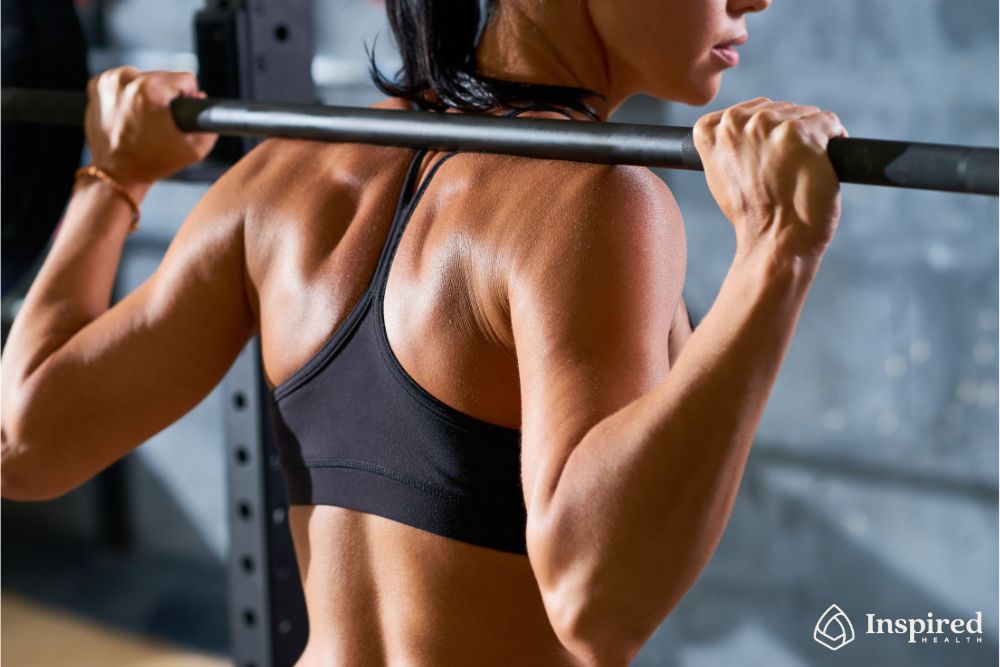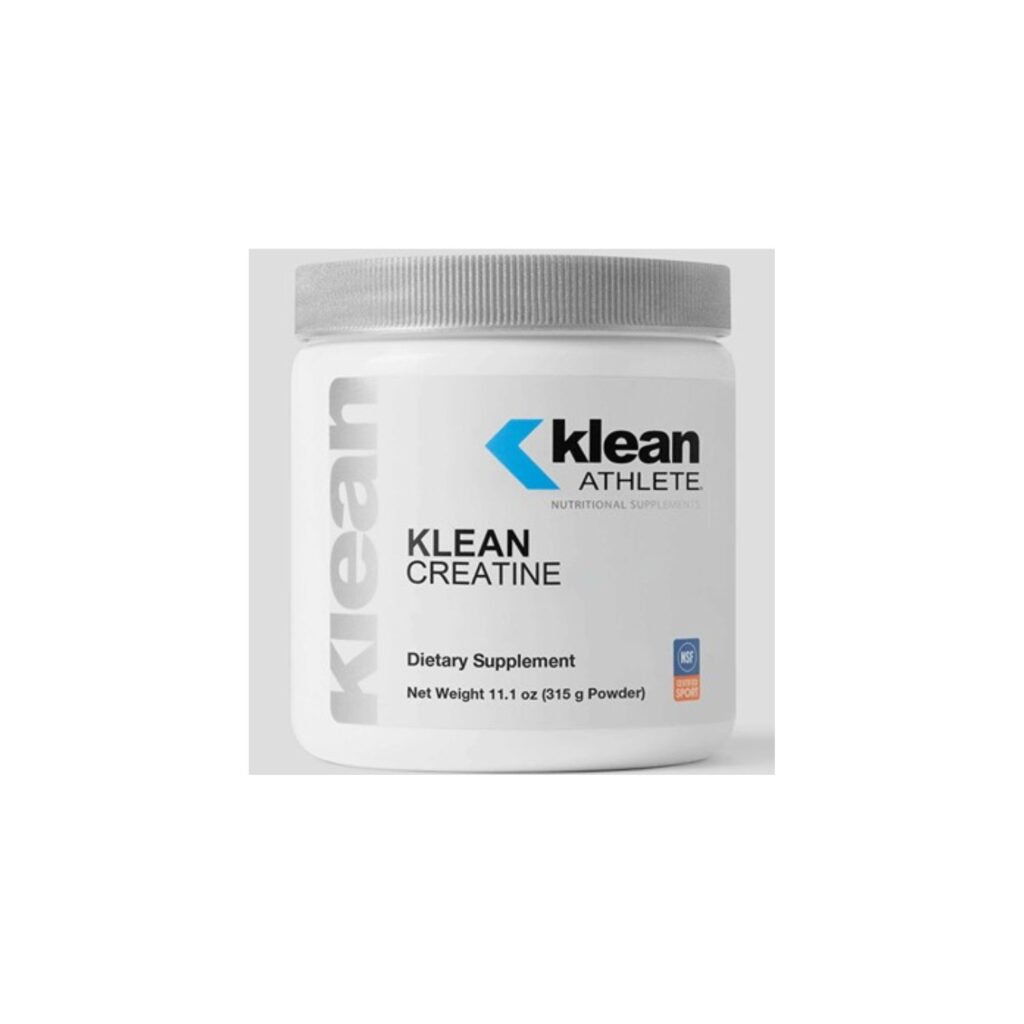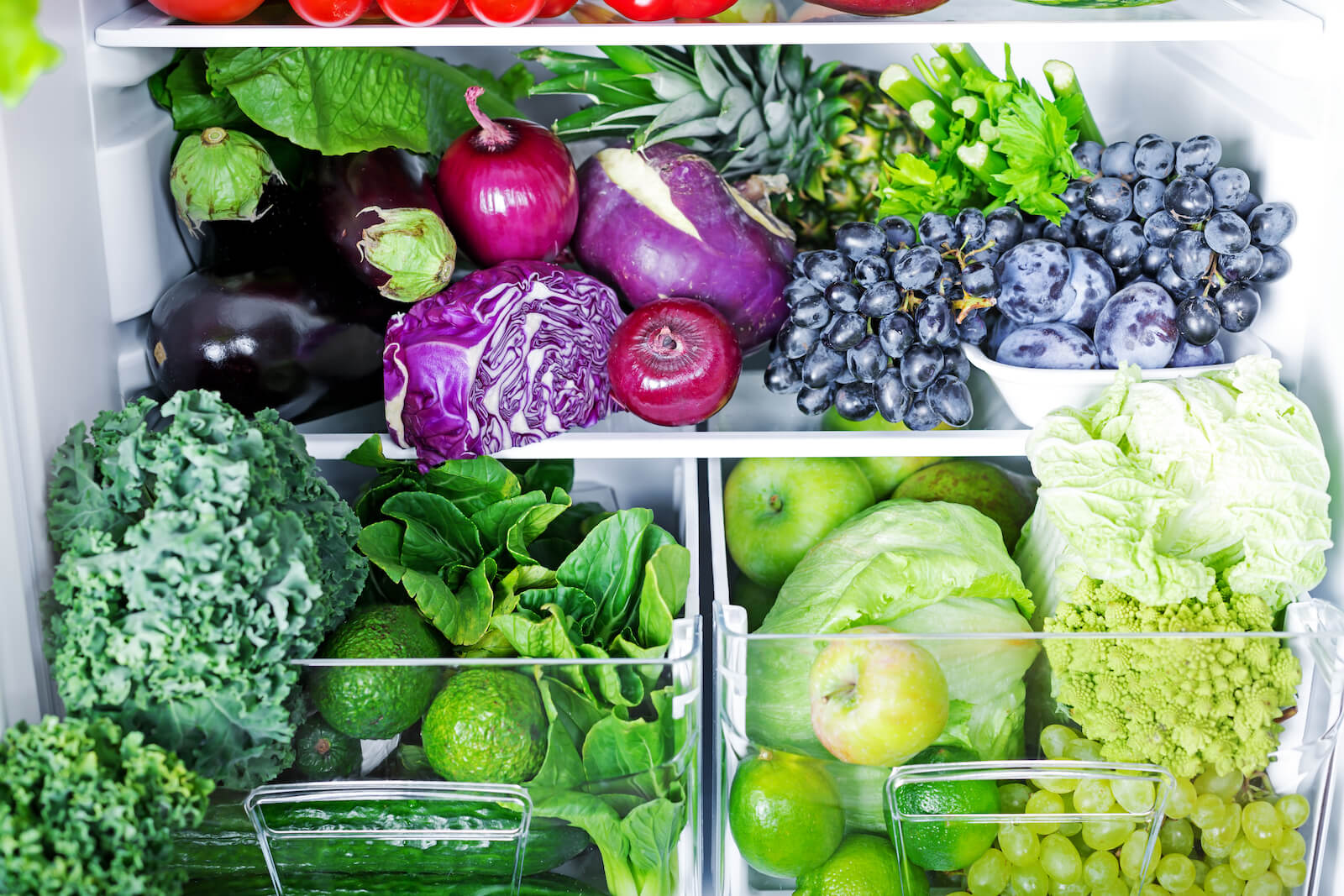Can Creatine Help with Weight Loss?
Creatine is often associated with muscle building and athletic performance, predominantly in male athletes. However, it’s increasingly recognized as beneficial for women, particularly those aiming to lose weight. Understanding how creatine works and its potential benefits can empower women in their weight loss journey.
What is Creatine?
Creatine is a naturally occurring compound found in small amounts in certain foods (like meat and fish) and is also synthesized by the body from amino acids- the building blocks of proteins. Creatine plays a crucial role in energy production, particularly during high-intensity exercise. When supplemented, creatine can help to regenerate ATP (adenosine triphosphate), the energy currency of the cell.

Enhanced Exercise Performance
Creatine supplementation can improve strength, power, and endurance. This means women can engage in more intense workouts, leading to increased calorie burn and improved muscle tone. Higher intensity workouts are often more effective for boosting metabolism.
When trying to lose weight, there’s a risk of losing muscle mass along with fat. Creatine helps preserve lean muscle during weight loss, which is crucial for maintaining metabolism. The more muscle mass you have, the more calories you burn at rest. Creatine has been shown to support muscle growth in people over 50, especially when combined with resistance training. This is a very vulnerable time for women as typically we begin to lose muscle around this age!
Studies suggest that creatine can slightly boost resting metabolic rate. This means that even when you’re not exercising, your body may burn more calories, aiding in weight loss.
Creatine can reduce muscle soreness and improve recovery times after intense workouts. This allows for more frequent training sessions, which can further enhance weight loss efforts.
Brain Function Bonus
Creatine has been shown to have potential cognitive benefits, including improved focus and reduced mental fatigue, which can be advantageous for maintaining motivation in a weight loss program. Protecting brain function is always a bonus.
Considerations when Supplementing with Creatine:
Some women may experience temporary weight gain due to water retention when they start taking creatine. This can be misleading during the initial stages of weight loss but is typically a normal physiological response. By increasing water intake and staying hydrated, it will help offset this potential side effect.
Dosing Strategy
A common dosing strategy is to start with a loading phase 1-3 grams/day for 5-7 days, followed by a maintenance dose of 5-10 grams per day. However, even a lower dosage can be effective over time. Loading helps minimize other potential but temporary side effects such as gas and bloating. Creatine monohydrate as a powder mixed into liquid of choice is the best form to go for as it is absorbed at almost 100%!. It has NO flavor which is also fantastic. Take whenever it is convenient for you.
As with any supplement, it’s important to combine creatine with a balanced diet and a structured exercise program for optimal results. Incorporating creatine into a weight loss strategy might just be the game changer that many women are looking for, helping them achieve their fitness goals while enjoying the process!
We are now carrying an excellent Klean Creatine supplement option in the Inspired Health Apothecary. Amino acids are the building blocks of protein, while creatine, which is made up of amino acids, is a vital energy carrier that ensures energy availability during high-intensity anaerobic or dynamic training.


Want more Inspired tips?
Be sure to follow us on Instagram, Facebook, and Pinterest.
Also, sign up for our newsletter!
Visit us in-person at Inspired Health, or schedule a TeleHealth appointment!
References
[1] “Creatine.” 2024.
[2] “Physiology, Adenosine triphostphate.” 2023.
[3] “Changes in fat mass following creatine supplementation and resistance training..” 2019.
[4] “Creatine supplementation in women’s health.” 2021.
[5] “Timing of creatine supplementation around exercise.” 2021.






